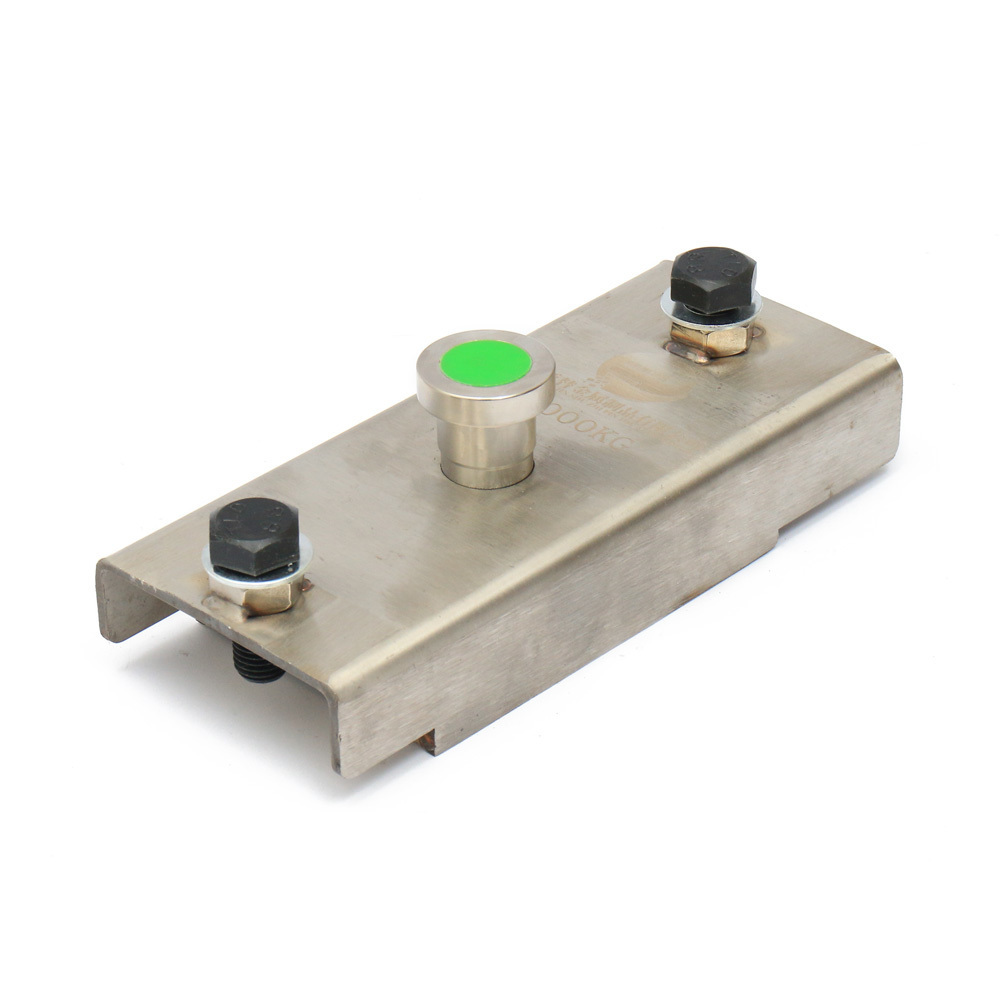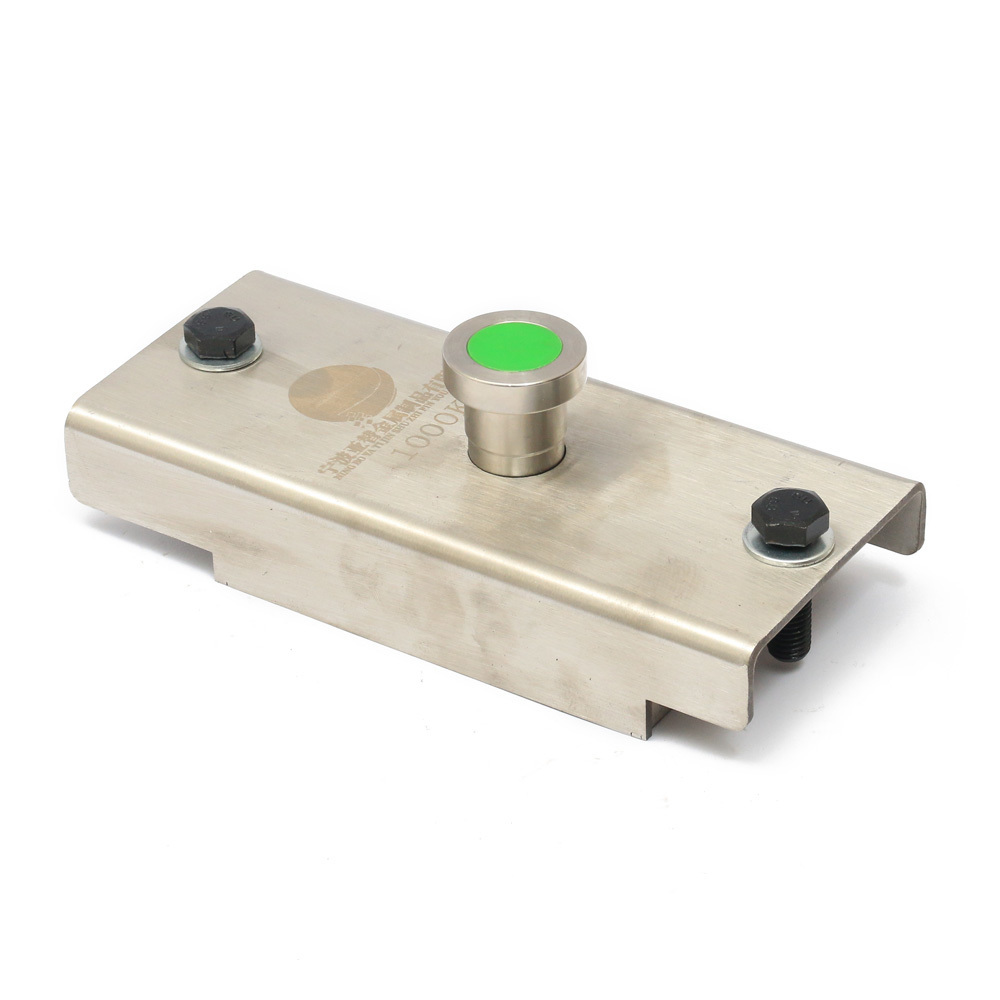Exploring the Versatility of Modular Precast Magnets in Electrical Engineering
Exploring the Versatility of Modular Precast Magnets in Electrical Engineering Introduction to Modular Precast Magnets Modular precast magnets have emerged as a key component in the field of electrical engineering. Their unique design and functionality allow for a wide range of applications, making them invaluable in various engineering projects. By integrating these magnets, engineers can improve
Exploring the Versatility of Modular Precast Magnets in Electrical Engineering
Introduction to Modular Precast Magnets
Modular precast magnets have emerged as a key component in the field of electrical engineering. Their unique design and functionality allow for a wide range of applications, making them invaluable in various engineering projects. By integrating these magnets, engineers can improve efficiency, reduce costs, and enhance overall performance in electrical systems.
The Importance of Magnetic Materials in Electrical Engineering
Magnetic materials play a crucial role in electrical engineering. They are essential in the development of electric motors, transformers, and various electronic devices. Modular precast magnets, in particular, are known for their superior performance and adaptability, contributing significantly to the advancement of electrical technologies.
Understanding Modular Precast Magnets
Modular precast magnets are designed for easy assembly and disassembly, allowing for flexibility in their use. These magnets can be manufactured in various shapes and sizes to meet specific requirements, making them a preferred choice for many engineers. Their modular nature enables quick adjustments in design and applications, enhancing project efficiency and reducing lead times.
Types of Modular Precast Magnets
There are several types of modular precast magnets, each engineered for different applications:
1. **Neodymium Magnets**: Known for their strength, these magnets are widely used in motors and generators.
2. **Ferrite Magnets**: Cost-effective and durable, ferrite magnets are often utilized in applications where moisture and thermal stability are critical.
3. **Samarium-Cobalt Magnets**: These offer excellent thermal stability and are ideal for high-temperature applications.
Applications of Modular Precast Magnets in Electrical Engineering
The versatility of modular precast magnets allows them to be utilized in a variety of electrical engineering applications:
1. Electric Motors
Modular precast magnets are integral to electric motors, where they create the magnetic field necessary for operation. Their customizable design allows engineers to optimize motor performance, leading to energy-efficient systems that meet modern sustainability standards.
2. Transformers
In transformers, modular precast magnets facilitate the transfer of electrical energy between circuits. Their high magnetic permeability ensures efficient energy conversion, making them essential for power generation and distribution systems.
3. Magnetic Sensors
Magnetic sensors rely on modular precast magnets to detect changes in magnetic fields. These sensors are crucial in various applications, including automotive systems, industrial automation, and consumer electronics.
4. Magnetic Levitation Systems
Modular precast magnets are also used in magnetic levitation systems, which provide frictionless movement for transportation solutions. This technology is revolutionizing public transport systems, offering faster and more efficient travel options.
Benefits of Using Modular Precast Magnets
Integrating modular precast magnets into electrical engineering projects presents numerous advantages:
1. Enhanced Performance
The strong magnetic properties of these magnets improve the efficiency of electrical devices, leading to better overall performance and reduced energy consumption.
2. Cost-Effectiveness
Modular precast magnets can be produced at scale, reducing manufacturing costs. Their durability also minimizes maintenance expenses, making them a cost-effective choice for engineers.
3. Customization and Flexibility
With their modular design, these magnets can be easily customized to fit specific project needs. This adaptability allows engineers to explore innovative solutions without being limited by rigid designs.
4. Environmental Sustainability
Using modular precast magnets contributes to more sustainable engineering practices. By enhancing energy efficiency and reducing waste during production, these magnets help minimize environmental impact.
Challenges in the Use of Modular Precast Magnets
Despite their numerous advantages, there are challenges associated with the use of modular precast magnets:
1. Manufacturing Limitations
Producing high-quality modular precast magnets requires precision engineering and advanced manufacturing techniques. Ensuring consistent quality across batches can be challenging.
2. Cost Variability
While modular precast magnets can be cost-effective, fluctuations in raw material prices may affect overall production costs. Engineers must consider these factors during project budgeting.
3. Technical Expertise
Implementing modular precast magnets in designs requires a certain level of technical knowledge. Engineers must be well-versed in magnetic properties and their implications for electrical engineering applications.
The Future of Modular Precast Magnets in Electrical Engineering
The future of modular precast magnets in electrical engineering looks promising. As technology advances, we anticipate innovations that will enhance their performance and expand their applications. Ongoing research into new materials and manufacturing methods will likely yield even more versatile and efficient magnetic solutions.
Frequently Asked Questions (FAQs)
1. What are modular precast magnets?
Modular precast magnets are versatile magnetic components designed for easy assembly and customization, widely used in electrical engineering applications.
2. How do modular precast magnets improve electric motor efficiency?
By optimizing the magnetic field within electric motors, modular precast magnets enhance energy efficiency and overall performance.
3. What types of modular precast magnets are available?
Common types include neodymium, ferrite, and samarium-cobalt magnets, each suited for different applications based on their unique properties.
4. What industries benefit from modular precast magnets?
Industries such as automotive, renewable energy, and consumer electronics benefit significantly from the use of modular precast magnets in various applications.
5. Are modular precast magnets environmentally friendly?
Yes, their use often leads to increased energy efficiency and reduced waste, contributing to more sustainable engineering practices.
Conclusion
Modular precast magnets represent a significant advancement in electrical engineering, offering versatile solutions that enhance performance, reduce costs, and promote sustainability. As we continue to explore the potential of these magnets, it is clear that they play a vital role in shaping the future of electrical engineering. By embracing the innovations surrounding modular precast magnets, engineers can drive progress and develop more efficient, adaptable, and environmentally friendly technologies.
MORE
05 Sep,2025
Reusable shuttering magnet customize
In construction, the erection and dismantling of formwork systems are crucial, and our reusable shuttering magnet is an ideal solution for optimizing this process.
DETAILS
05 Sep,2025
Top 5 Reasons to Use Strong Magnetic Boxes in Your Projects
Top 5 Reasons to Use Strong Magnetic Boxes in Your Projects
Table of Contents
1. Unmatched Security for Your Components
2. Versatility in Application
3. Cost-Efficiency and Sustainability
4. Simplified Organization and Storage
5. Enhanced Productivity and Workflow
FAQs
Conclusion
1. Unmatched Security for Your Components
Strong magnetic boxes provide an exce
DETAILS


